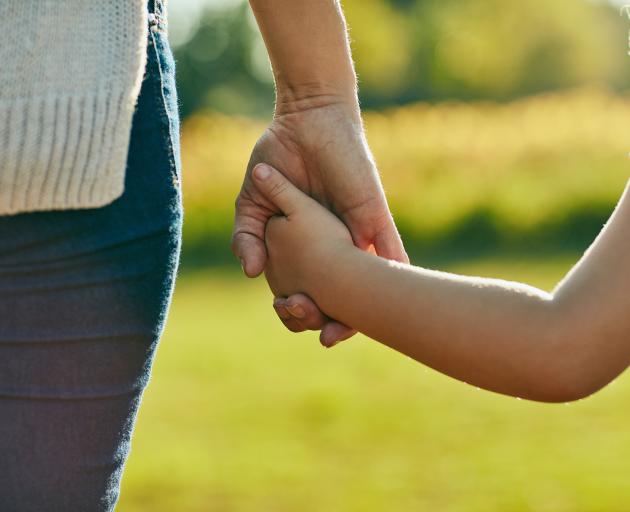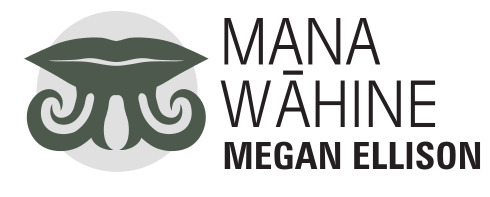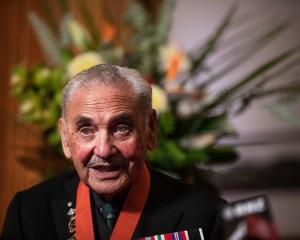
I have mentioned my middle child, the one at boarding school, and that has been quite the journey for all of us. My boy is at a Māori boarding school in the lower centre of the North Island. Yes, he chose to go to the school, in fact he asked me if he could go after his pāpā died.
In year 8 we went to the open day and as we sat in the chapel of this Catholic Māori boarding school surrounded by parents who seemed far more familiar with the school than I, my son leant over to me and whispered in my ear ... "thank you Māmā, this is where I want to go".

Church-run Māori boarding schools came into existence in 1847 and annual government grants were established and given to churches who followed an approach of assimilation for Māori, including teaching domestic duties, agriculture, religion, English and a useful trade!
Various boarding schools opened at different times, beginning with St Stephen’s (Auckland) in 1849 through to the last one, Hato Paora (Feilding), in 1947, which is where my son attends. There was just one for Māori in the South Island, Te Waipounamu Māori Girls College.
The actual intent of these schools was to assimilate Māori children swiftly, and many of my ancestors, including my grandfather, went to Māori boarding schools. Due to the isolation at Ōtākou and the desire of some of our tupuna to send their children to be further educated, our young teenagers were sent to various boarding schools. Māori boarding schools were gateways to success in the universities, graduates included Apirana Ngata, Maui Pomare, Peter Buck and Tūtere Wī Repa.
However, in 1906, after the report of the Royal Commission of Inquiry into the Te Aute and Wanganui Collegiate School Trusts, the schools’ curricula, including the instruction needed to enter universities, was restricted. The focus in these boarding schools turned towards manual and technical instruction for boys and domestic work for girls. This policy, that shifted Māori focus away from high-level academic training, created a massive interruption of Māori entry into university. This ruptured an educational opportunity for Māori, for Aotearoa and Te Waipounamu.
So, with this back history and understanding, the impact these schools had on our Māori communities, I struggled to be an avid supporter of my son’s desire to go to one. However, my son is now in year 12 at Hato Paora and it was the best decision he made! The best decision for both of us.
He absolutely loves the school, can’t wait to get back to school in the holidays, and is super tight with his brotherhood, and he has turned into a pretty cool kid who I actually really like and who sees the world through a different lens.
So, how did he end up there is the question?
When his father, Tahu, was terminally sick, my son became very angry and combative and hated on the world, and one of his aunties said to me, "what are you going to do with this boy if his father dies?". And she suggested looking at Hato Paora as an option. She showed my son YouTube videos of the school and Tahu in fact met with someone on the board of the school before he passed away. Therefore, the discussion and idea was embedded into my son’s thinking.
Weeks after Tahu passed away, my boy raised the idea of going to Hato Paora with me. It was confronting, he was merely 12 years old and the thought of sending him away to the North Island was terrifying for me as his mother.
However, I remember Tahu having a very serious conversation with me about raising the kids on my own if he was gone. When he spoke of our boys he asked me to never push them away, to be affectionate and loving with them as that would teach them how to love and treat women well but he also said that when one of them choses to cut the figurative umbilical cord from me, let them do that on their own terms.
My son was asking to do that, he looked at me and I knew that I had to let him go.
I want to finish here with an acknowledgement to the leadership, the teachers, the dorm parents and wider whānau of Hato Paora — e kore e mutu aku mihi.













